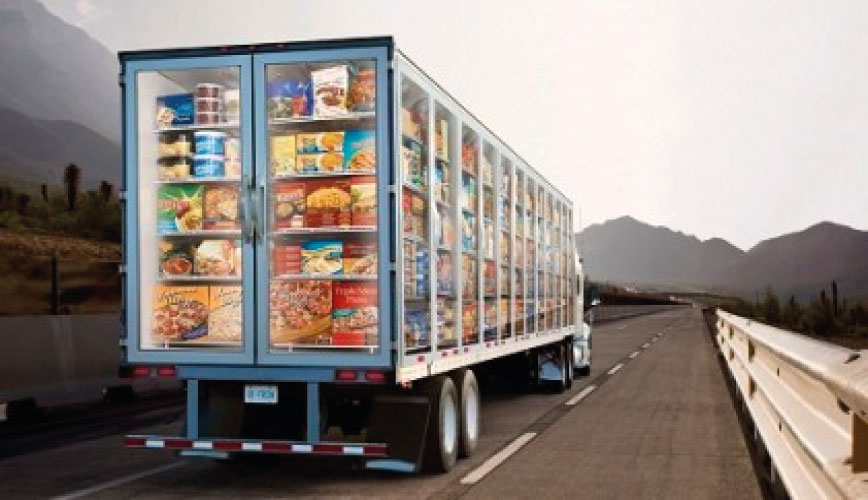Cold chain logistics is a logistics process that manages the storage, transportation and distribution of products that must be kept within a certain temperature range. This process is often used to protect the quality and safety of food, pharmaceuticals, biomedical products and other sensitive materials.
The main functions of cold chain logistics are:
Maintaining Product Quality:
The cold chain preserves product quality by ensuring that products are stored and transported under special temperature conditions. This is especially important for fresh food products, as temperature changes can cause the product to spoil.
Meeting Safety and Health Standards:
The effectiveness and safety of certain products, such as medicines, depend on specific temperature conditions. Cold chain logistics ensures that these products are transported in accordance with safety and health standards.
Control in Storage and Transportation Processes:
Cold chain provides temperature controls of products, starting from storage facilities to transportation processes. This ensures that the products are in a stable environment at every stage.
Cost and Waste Reduction:
Cold chain logistics can reduce operating costs by reducing product losses and waste. This allows fresh produce to last longer and spoil less.
Consumer Satisfaction:
Cold chain increases customer satisfaction by providing consumers with fresh and safe products with a longer shelf life. For these reasons, cold chain logistics, especially used in the supply chain of sensitive products, plays an important role in protecting the quality of products, ensuring safety and optimizing costs.
